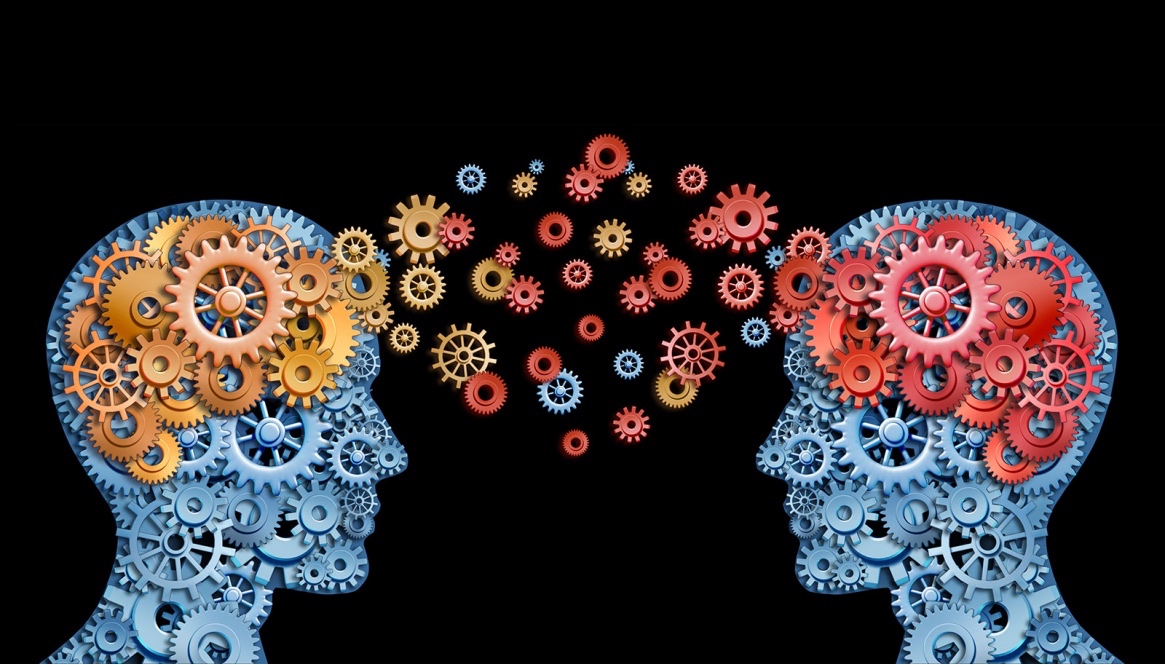This has been on my mind for a long time now. Time and time again I have seen news articles about research studies that don’t really correspond to the studies they are supposedly reporting. Sometimes, the title of the news article or the main point it conveys is totally different from the one the research study, itself, tries to communicate. Other times, correlation is interpreted as causation, or a statement is extracted from the research paper without its preceding or succeeding statements that explain the conditions in which these results hold true. As a result, I have seen a lot of us, researchers, complain about the media not reporting exactly what we meant in our papers.
One of the reasons for this, I believe, is that we don’t give the media enough information about research and its settings. Obviously, someone who hasn’t been in that setting and/or doesn’t have a clue as to what it entails will not be able to explain it accurately. Unless our journalists are scientists themselves or they have been in close contact with scientific research, they won’t be able to accurately report/communicate research to the general public.
The second reason for this is that our scientists are being trained on how to do wet lab research or how to analyze a specific type of data in a computer program, but not how to talk to the people outside of their field. We are so used to using jargon in our talks and abbreviating long scientific terms in our writings that we forget that our audience may not be the same each and every time.
Having journalists that have trainings in science or have been in a research setting before could help alleviate the first issue. However, I think I can provide more insight into the second issue. One of the things that I think researchers need to know is that if others are not reporting your research or if they are reporting it wrong, you should be doing something about it: Maybe write a letter, very much like the ones you write to scientific journals about the papers they have published, albeit using a different language, to the journalist or the corresponding media outlet. You could also work on your lay-person summary skills and write your own version of what your research entails. Another avenue of action could be to volunteer to train journalists about what it is you do in the dark rooms of your lab every day from dawn to dusk.
All in all, we have to make sure the people that are most often our end product users, know what we are doing about the problems they face everyday. We might even be able to raise money to fund our next project by informing donors about the studies we undertake. I know I’m going to start enriching the tutorial section of my website with related articles and will occasionally write about my research, what it entails and how it can benefit the general public. Let’s make science and research information available to everyone!



